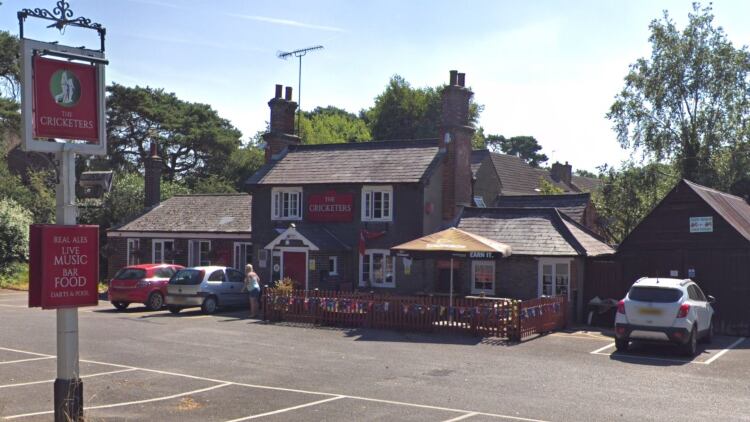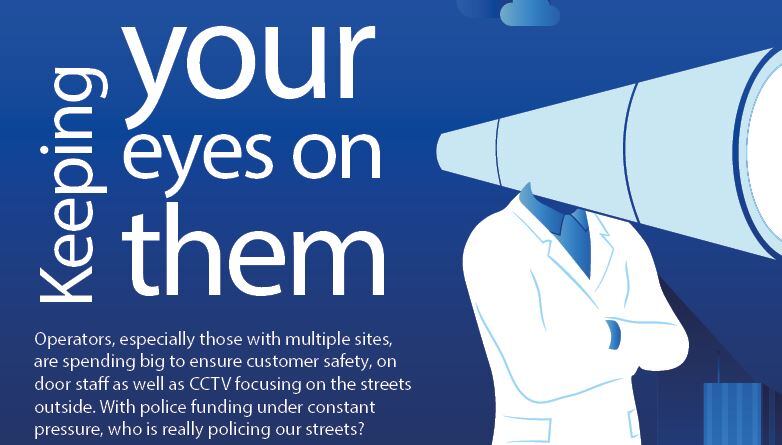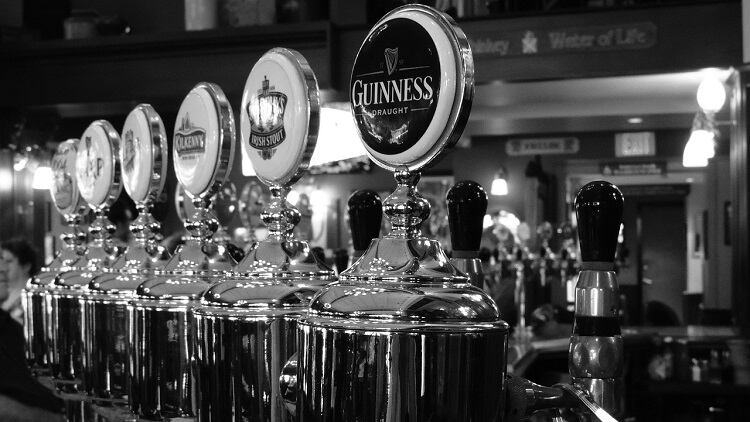“Pubs provide a meeting space, a chance to have a chat and, for many, the only human contact they have is with a friendly face behind the bar.” Not my words but those of BII CEO and pub champion Mike Clist published in The Morning Advertiser on 5 March. It rightly received widespread approval.
While this message is increasingly appreciated at Government level it has not always trickled down to certain local councils, particularly in areas of central London where there remains a high level of good-quality, busy pubs and perhaps this brings an element of complacency; new operators are viewed more as a threat to the equilibrium, local councillors default to a restrictive licensing policy and local residents are worried about the impact on their quality of life. The licensing process does not encourage any consideration of social utility, loneliness or cultural richness – it is simply about preventing crime and nuisance.
Two recent cases I have been involved in unfortunately support this. My client purchased and redeveloped, at considerable cost, a disused and tatty former restaurant in south London, turning it into a two-floor, traditional pub with food, extremely popular both locally and with tourists. An application was submitted to vary the licence but recently in this area, politically, control of customers outside had become the hot topic. At the hearing, our councillors did not express any positive view or appreciation of my client’s investment in their area, and were prepared to grant the application. But, at the same time, they imposed a restriction on the existing outside area that was neither requested nor discussed (there was no local resident representation) nor indeed lawful. Unfortunately, to avoid receiving a more restrictive licence than had been inherited my client withdrew the application.
The local councillors did not see anything positive in bringing a closed premises back to life, leading to the creation of a new popular meeting place, family dining, more employment, etc, but instead as a potential threat that needed to be curbed. There was no evidence produced other than good trading and good neighbourliness.
Secondly, another client in central London applied for a licence to support a massive new office building (approximately 600 workers). This application was designed to follow policy guidelines and to provide a “watering hole” principally for those office workers who would be new to the area and who would not be catered for by the existing pubs. Residents came out in force and with such hostility that my client, an independent operator, withdrew the application. He did this not because he was convinced of the strength of the residents’ argument but that if the licence was granted he felt that trading in this environment would be extremely challenging and frankly too difficult to maintain.
As I have reminded licensing committees before the only really quiet pub is a closed pub and there needs to be more appreciation at a local level that a well-run pub brings a great deal of benefit to an area that in many cases outweighs any slight disturbance that may follow.
For any legal enquiries please visit Poppleston Allen's website.




